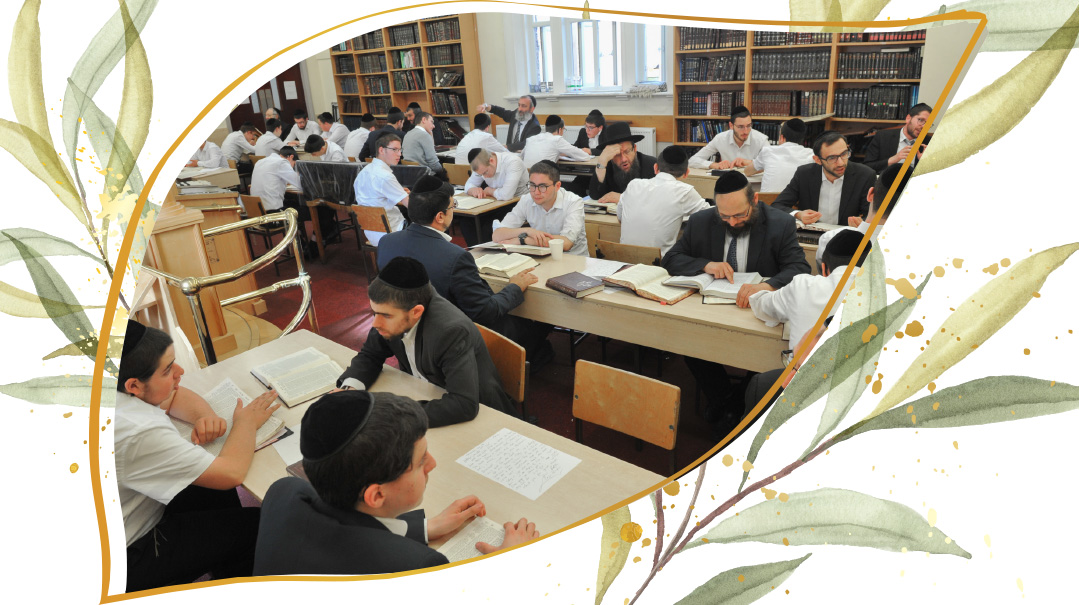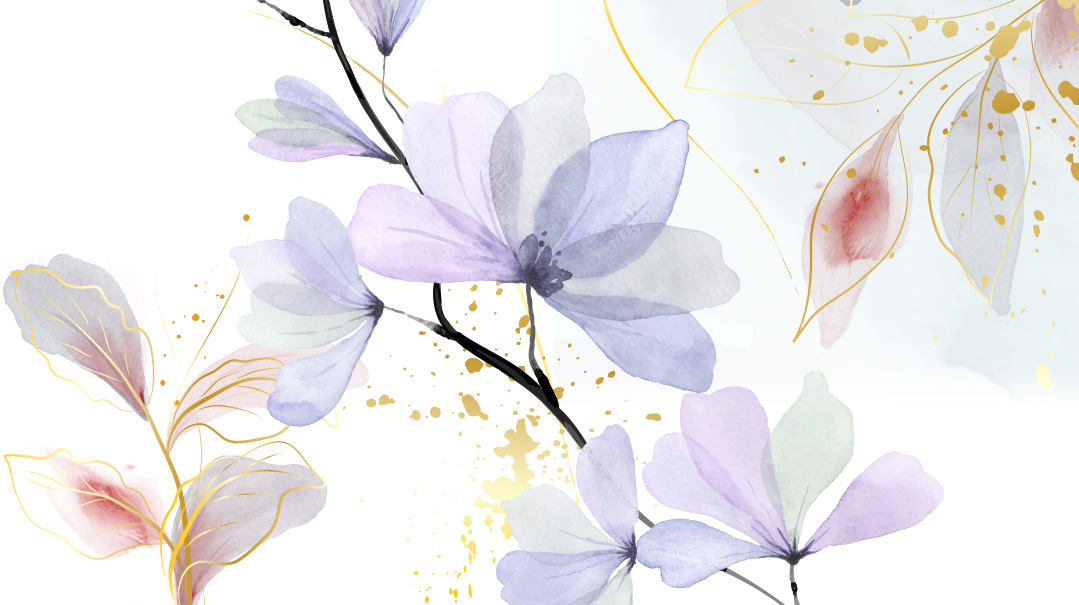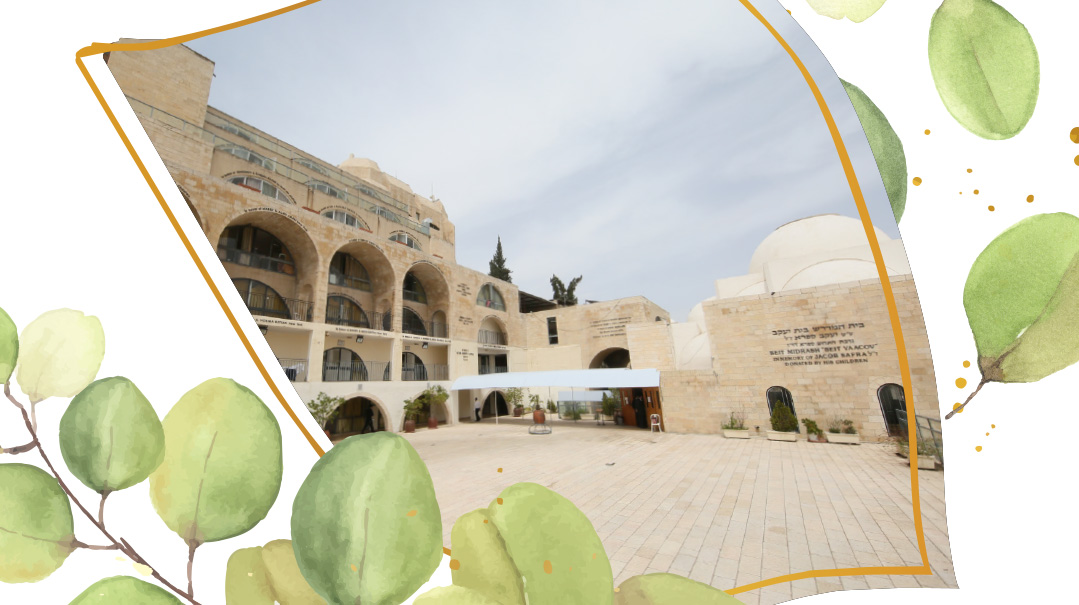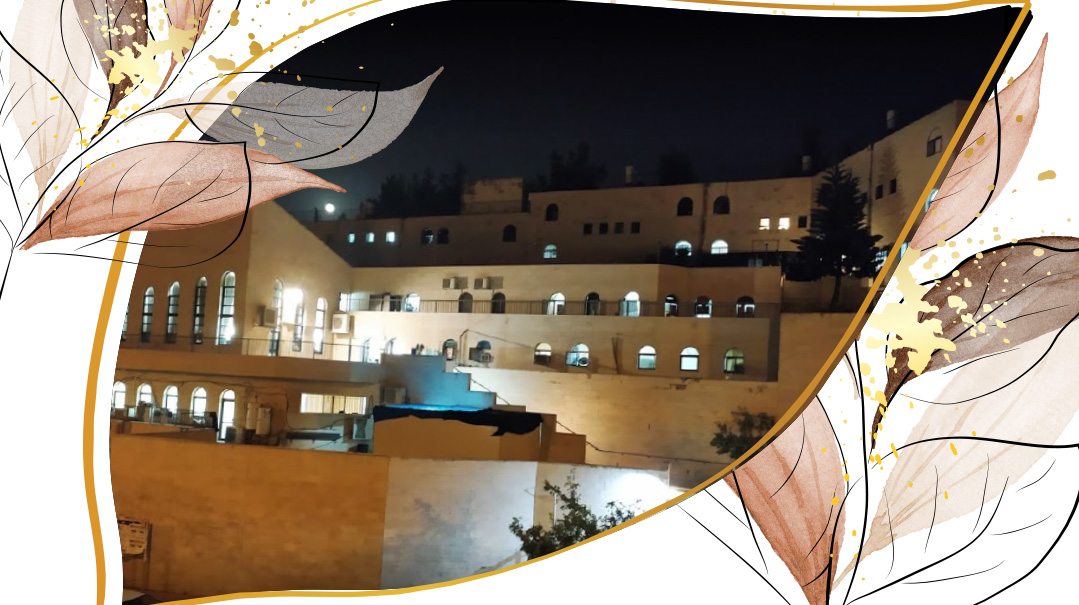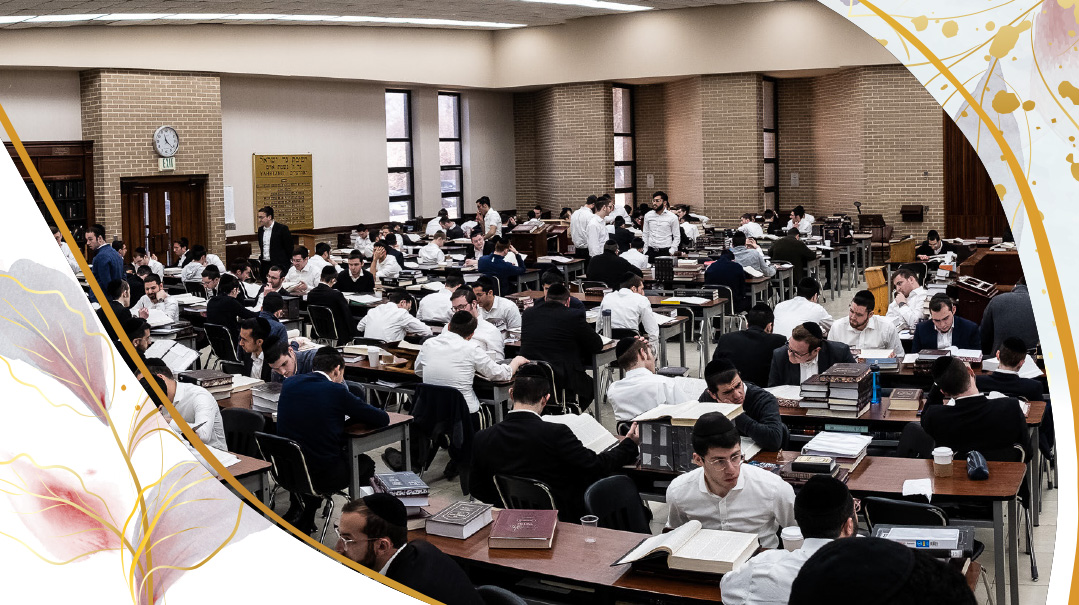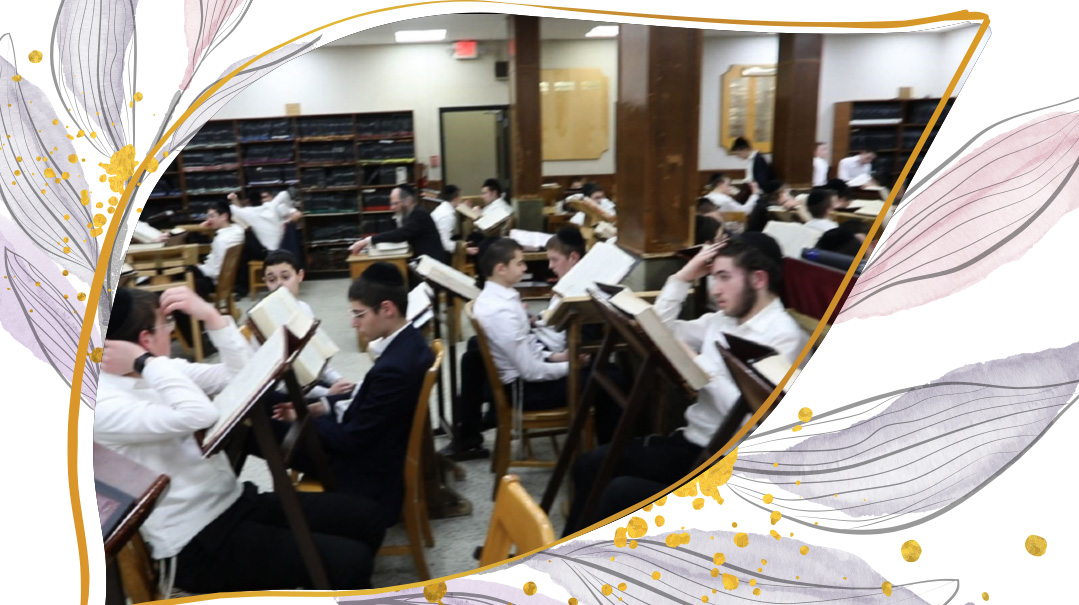Everything for Torah: Ponovezh
| May 31, 2022We found an apartment in Bnei Brak and headed to yeshivah. What I didn’t realize was that this would be an experience that would stay with me for years
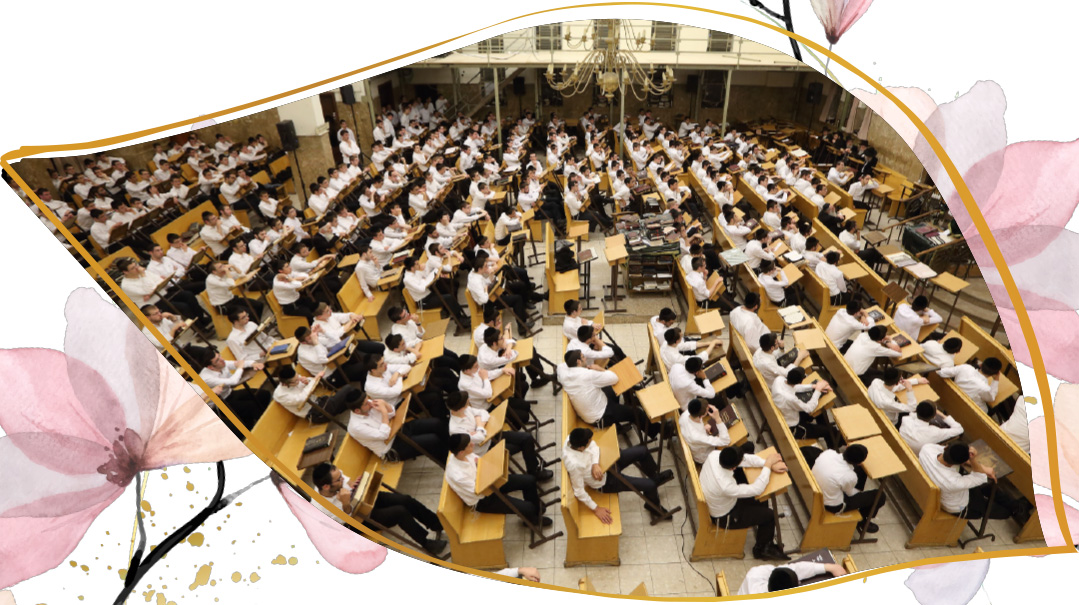
Isee the yeshivah as a symbol of the willingness to sacrifice everything for Torah.
When he finished mesivta, my husband, an only son, had to pick a yeshivah. He’s one of two children, and he and his sister are their parents’ whole world. While the south of Eretz Yisrael, where he lived, boasts some excellent yeshivahs, his parents knew that to really grow in Torah, he needed to strike out on his own.
My in-laws realized that if their only son continued learning in the same city, tied to his parents’ apron strings, he wouldn’t be able to give his undivided attention to Torah. So they sent him off to Bnei Brak. He gave up his mother’s delicious food, boundless love and coddling, and learned in Ponevezh for seven years.
For me, Ponevezh represents everything I learned about the Jewish home. It’s the distillation of all our dreams and aspirations, the willingness to give up everything for Torah.
I’m a born and bred Yerushalmi and had rarely spent time in Bnei Brak before meeting my husband. But we now spend every summer bein hazmanim there, the lure of the yeshivah drawing my husband back despite the blazing heat. One summer, we met one of the roshei yeshivah, and he asked us with fatherly concern if we had come to Bnei Brak to buy vegetables.
While the yeshivah was my husband’s, our first Yom Kippur as a married couple gave me a taste of what he’d experienced. We found an apartment in Bnei Brak and headed to yeshivah. What I didn’t realize was that this would be an experience that would stay with me for years.
I panted heavily while climbing up the stairs to the ezras nashim, and arrived breathless. There was hardly any room left, even though I’d arrived quite early. Then the davening started, and I felt like I was in Gan Eden. To hear the cry of Shema Yisrael of thousands in unison… I felt like my soul was flying from sheer dveikus, as if my body could no longer contain it.
I suddenly realized what it will be like when the Beis Hamikdash is rebuilt, what we’ll feel when we all stand and bow together, kol shivtei Yisrael. It was an experience that no words can capture.
Since then, over the years, as soon as the chazzan announces the month of Elul in shul, the niggunim of the Ponevezh davening echo through our home, and in my mind’s eye I once again stand in the ezras nashim, one in a massive crowd of Jewish men and women, once again part of that glory.
At a Glance
Ponevezh Yeshiva was founded in Ponevezh, Lithuania in 1919, shortly after the end of World War I, by the city’s rav, Hagaon Rav Yosef Shlomo Kahaneman.
Hundreds of the yeshivah’s students and staff perished during World War II, but Rav Kahaneman, a man with a dream and a vision, gathered the remnants and made aliyah. “Veb’har tzion tihiyeh pleita v’yihiyeh kodesh,” he quoted, and refounded the yeshivah in Bnei Brak in 1944.
The roshei yeshivah of Ponevezh numbered Torah greats such as Rav Shmuel Rozovsky, Rav David Povarsky, and Rav Elazar Menachem Shach. Over the years, the yeshivah has produced great talmidei chachamim, many of whom founded and led their own yeshivahs.
(Originally featured in Family First, Issue 795)
Oops! We could not locate your form.

